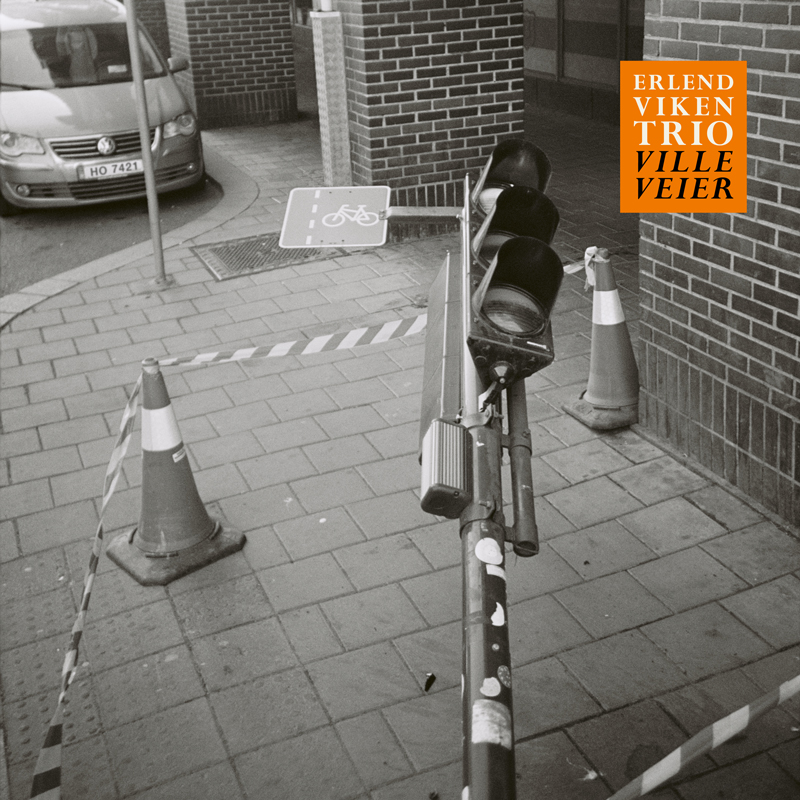
Liverpool Sound and Vision Rating * * * *
In a world dominated by the pop ballad and the sound of various genres filling the space of the beating heart of the human experience, when we come across the sound of the dominating fiddle calls back to a time in which we were more in tune with our natural surroundings, a creative dynamic which struck beauty into the soul, but which equally could send mournful floods of tears cascading down the cheek as the heart broke time and time again.
Erlend Viken Trio take the fiddle as a lead in their expression of sound, the distinctive reminder of building worlds within soundscapes that thrill and console in equal measure, and with the accompanying double bass and electric guitar striding alongside, what comes to pass are the wild roads of emotional guidance that is rooted in Norwegian tradition and beauty.
In Ville Veier, translated as Wild Roads, the compositions created by Erlend Viken, Marius Graff, and Sondra Meisfjord, and with vocals from folk music star Synnøve Brøndbo Plassen on two of the album tracks as a special guest, what transpires is a return to a time when the focus of composed melody was detailed and earnestly enjoyed.
Across tracks such as Road From Glasgow, Mingus Lullaby, Byrsevegan, and Roadsterbassgangarhalling, the Erlend Viken Trio delve into the realm of charm that the traditional and the unexpected contemporary can supply, the sheer scope of the endeavour is to be applauded and explored, as if somehow transported to a world filled with adventure, with strange beings, and the high of the improvisational being fulfilled to the extent where it breaks through boundaries and showcases the determination of the players involved to stretch their own identity.
Erlend Viken Trio have outdone themselves on this recording, they do not deprive the listener of taking the music to task, they implore them to feel the current of the fiddle as a directing movement, and it is worth the sentiment and the drive to feel a pulse not often beating in other genres.
An album that explores a difference in time and one that gratifies in its answer.
Ian D. Hall